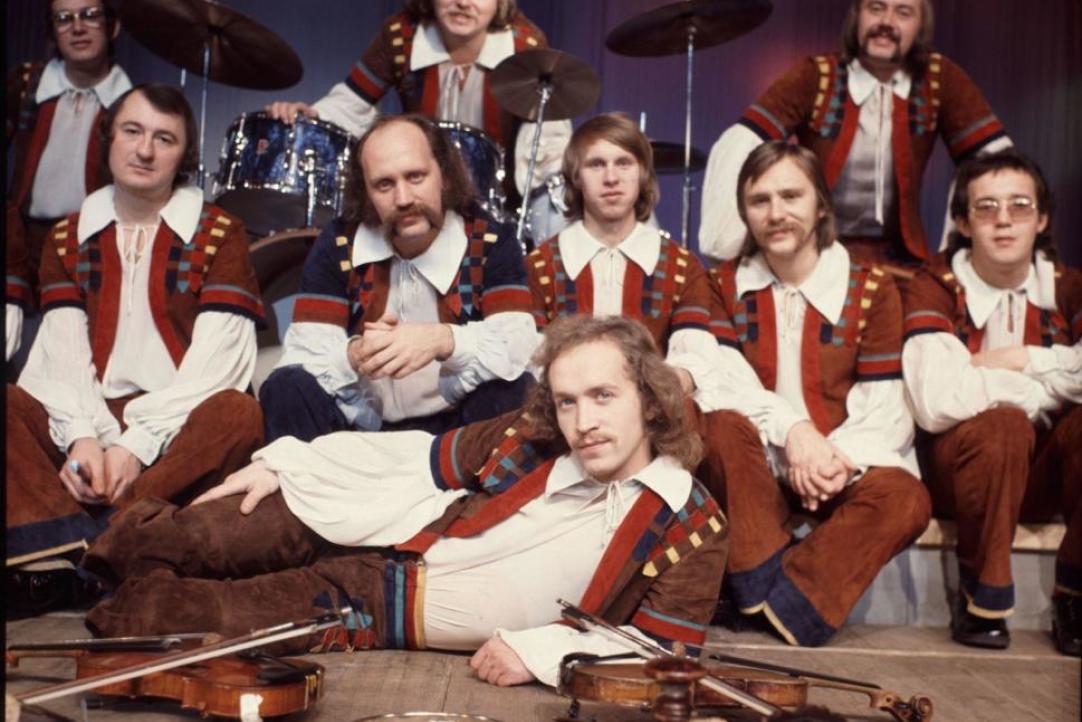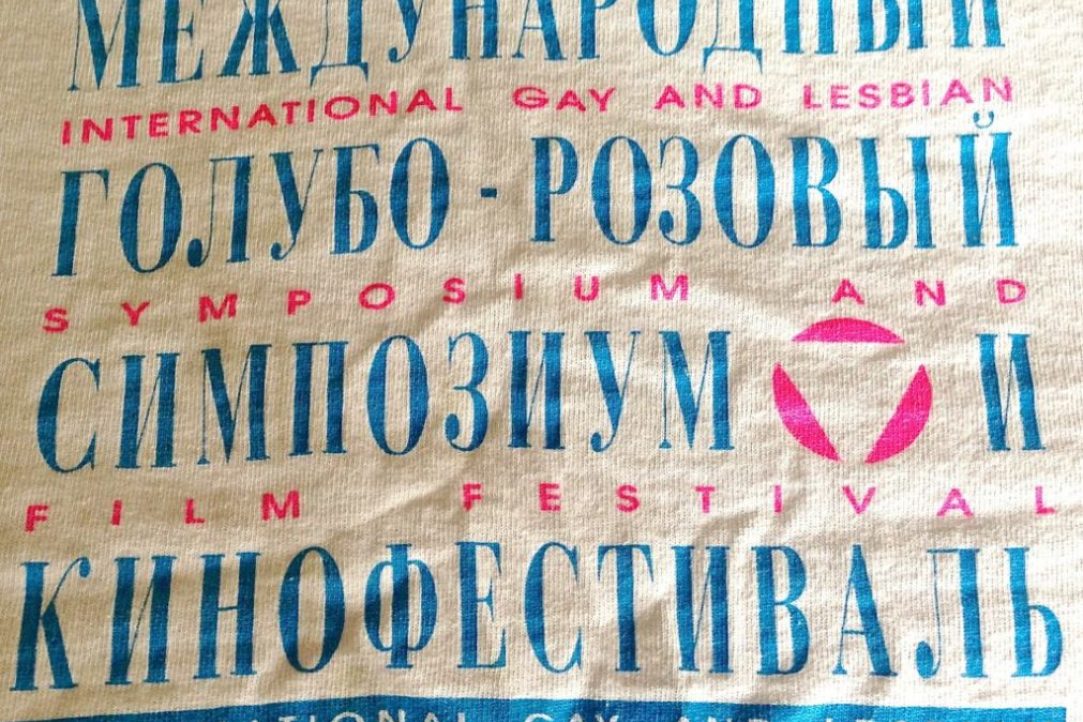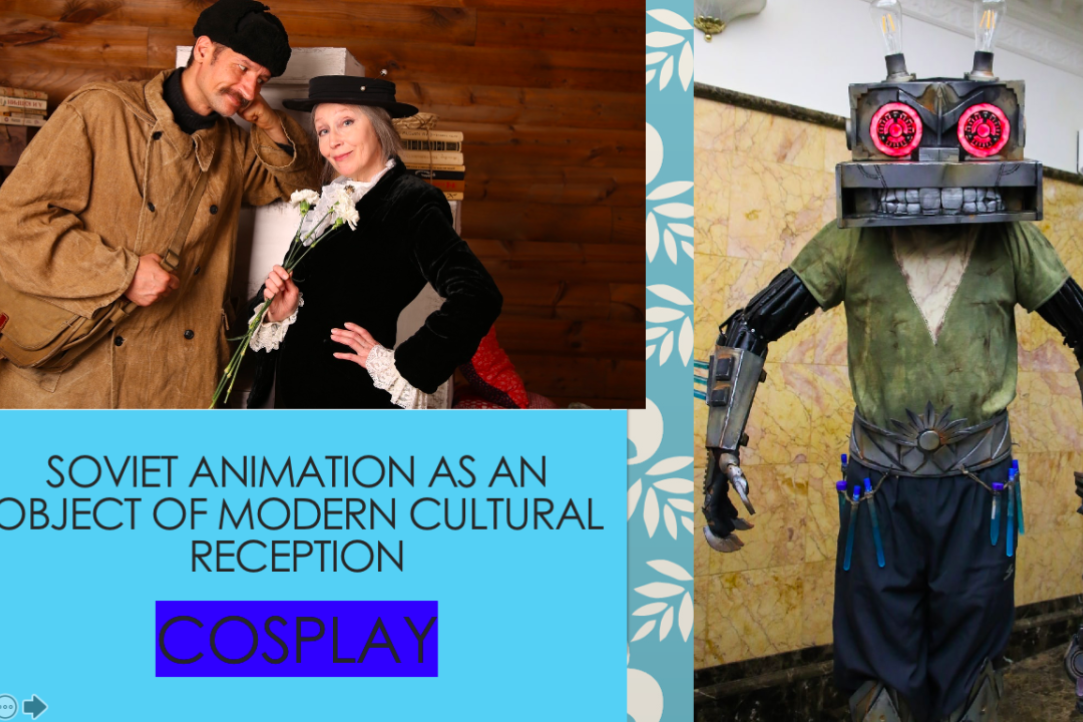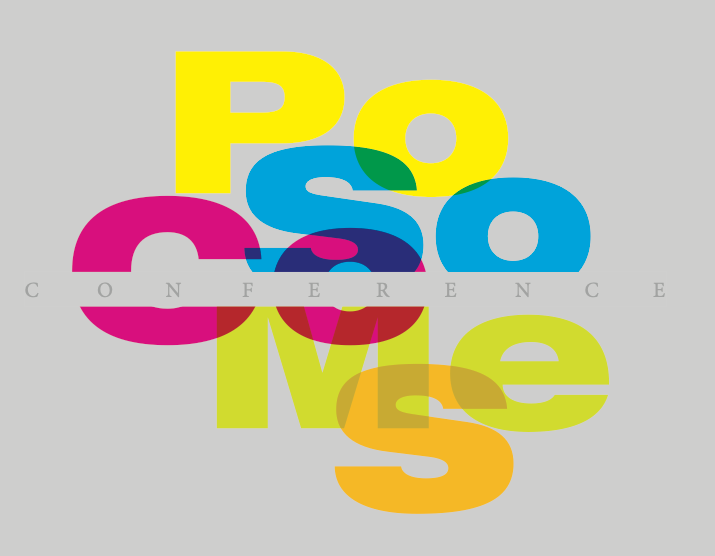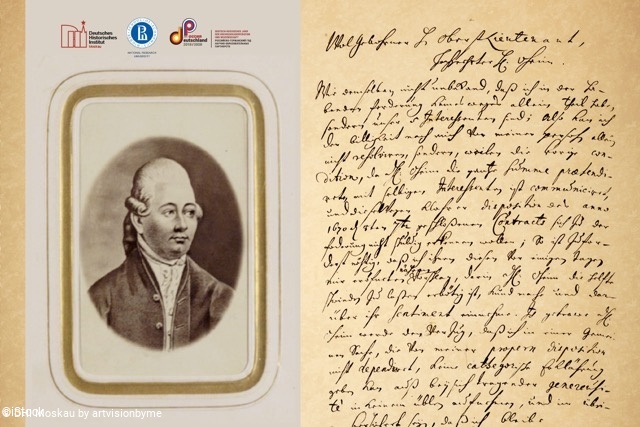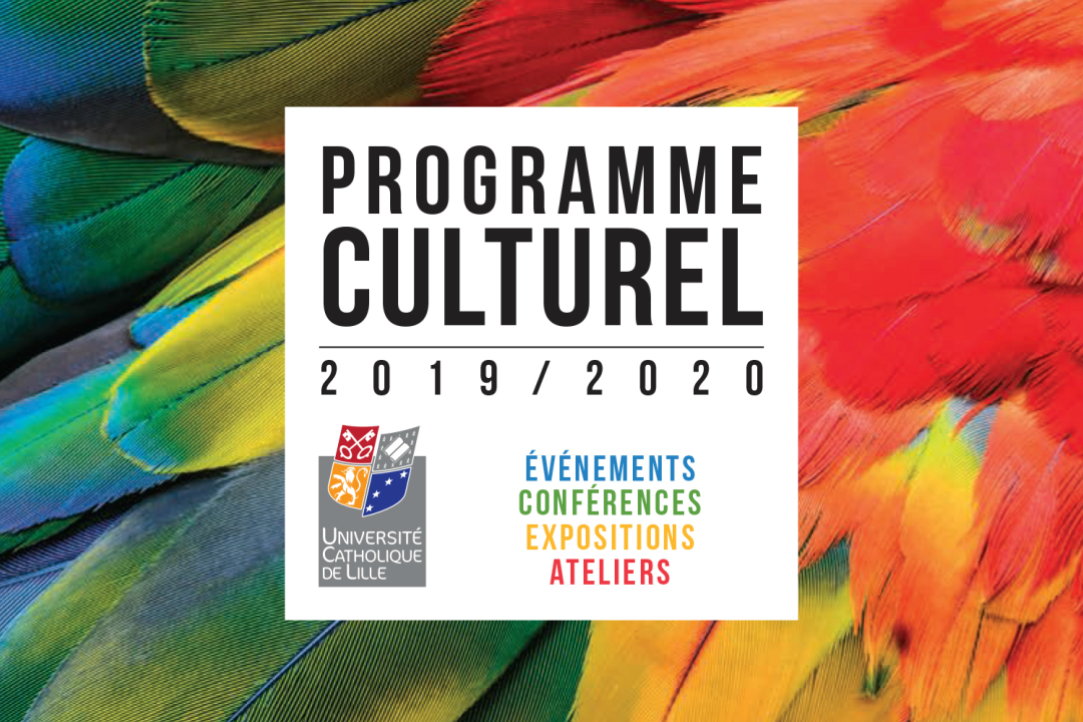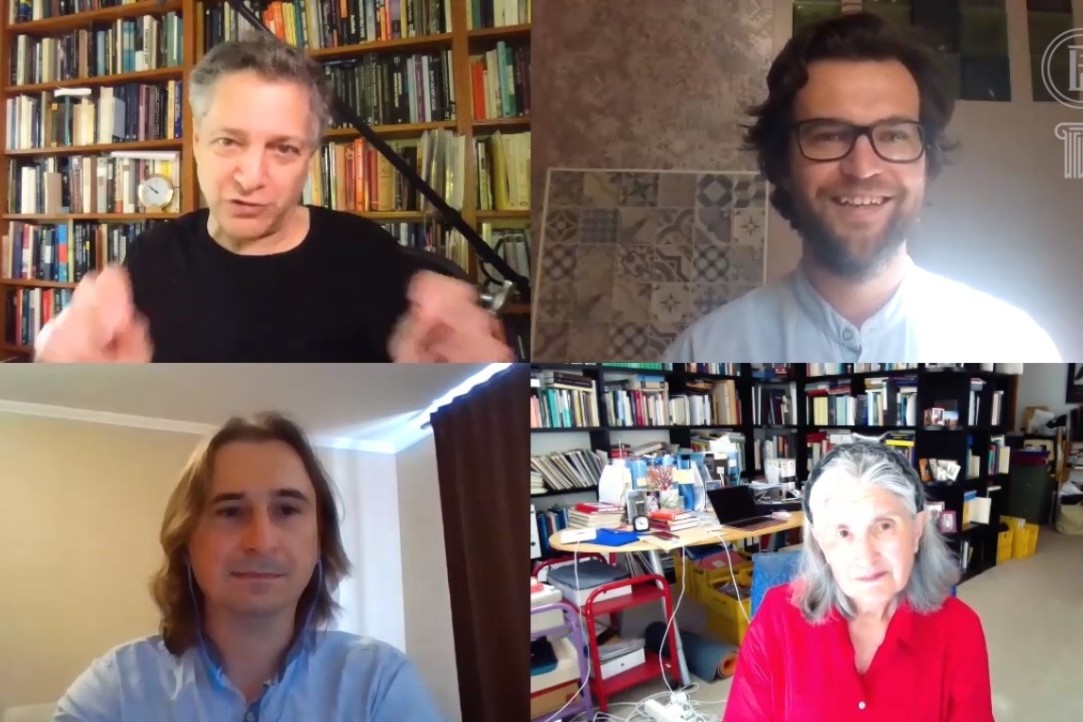The Poletaev Readings, dedicated to the memory of Andrey Poletaev, one of the founders of the Poletaev Institute for Theoretical and Historical Studies in the Humanities (Russian acronym — IGITI), is a major annual event of the Institute. The event was set to mark its 10
th anniversary in 2020, but due to the pandemic, the anniversary forum has been postponed to 2021. In its place, the organizers have arranged the Poletaev Readings 9¾, which were held online. HSE News Service spoke with the event organizer and some of the participants.
